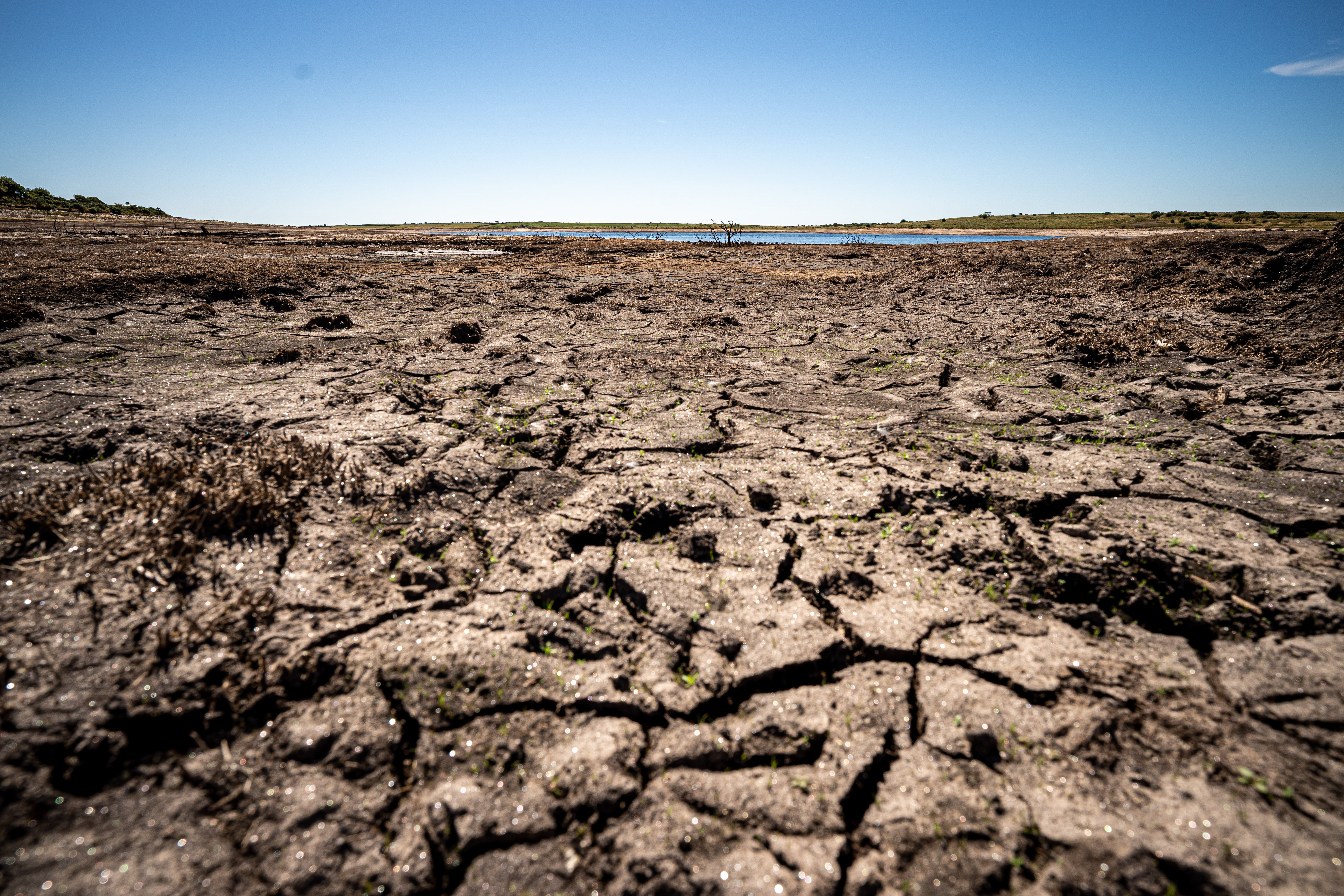Cornwall faces hosepipe ban amid drought and heatwave
South West Water said the ban would come into force from August 23 to protect dwindling supplies.

A hosepipe ban is being introduced to Cornwall and parts of Devon for the first time in 26 years amid a continuing drought.
South West Water said the ban would come into force from August 23 to protect dwindling supplies.
The region has had little rain for the past eight months and July was the driest for nearly a century.
The Exeter-based firm is the sixth water company after Welsh Water, Southern Water, and South East Water to impose hosepipe restrictions.
Yorkshire Water has announced a ban will start on August 26 and Thames Water is planning one in the coming weeks.
An official drought was declared in eight areas of England on Friday by the National Drought Group, which comprises representatives from the Government, water companies, the Environment Agency and others.
“It’s the first time in 26 years but we’ve been left with no other choice. We need to have a hosepipe ban now to protect our precious water,” a South West Water spokesman said.
“We’ve done our best to avoid this ban. We’ve increased the amount of water we can store, doubling it since the last drought in 1976.
“We’ve opened reservoirs, installed a new borehole, and improved the way we can move water across the region to help keep everyone’s taps running.”
South West Water said it was now fixing about 2,000 leaks a month, with a third happening on customer supply pipes, which were being repaired for free.